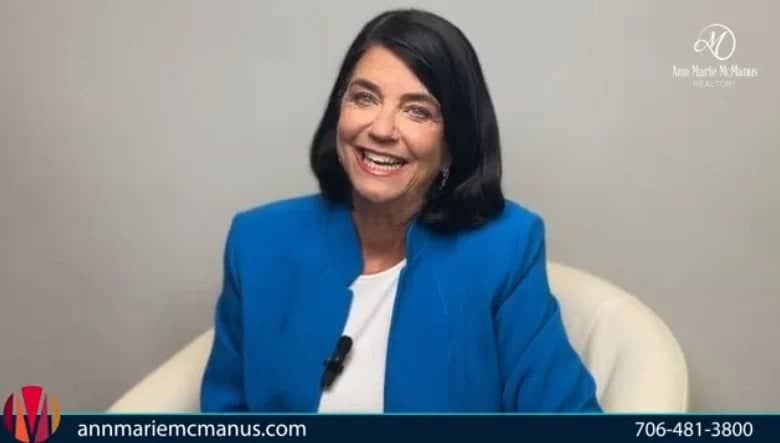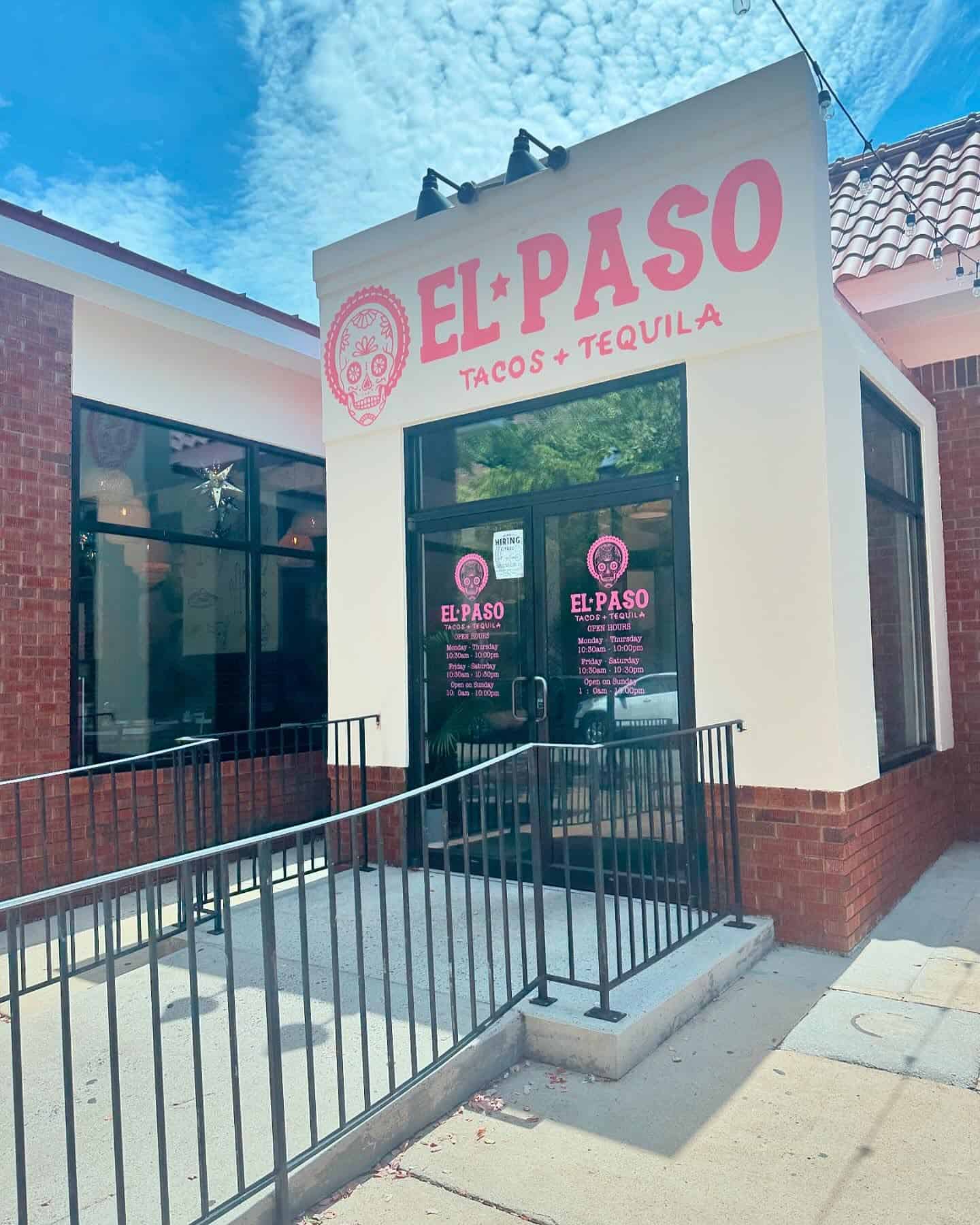Ga. Gov. Brian Kemp (R) has signed more than half a dozen bills dealing with workforce development that were passed during the 2024 session of the Georgia Legislature.
One of the bills, House Bill 982, requires the State Workforce Development Board to create a high-demand career list. The goal is to make sure the state is creating programs and educational opportunities to fill the most critically needed jobs.
“Every job creator who calls Georgia home and every prospective company looking to expand tells me that, along with our business-friendly environment and reliable infrastructure, it is our people that make Georgia special,” said Kemp in a news release. “I could not be prouder of the growth we are witnessing across the state and the amount of opportunity that is being created with it. But every new job created requires a hardworking Georgian to fill it, and thanks to our partners in the General Assembly, we are once again able to take forward-thinking action that keeps our state positioned as a model for the nation in developing our workforce for the jobs of today and the economy of tomorrow.”

HB 982 is the outgrowth of a series of meetings held across the state last year by the Joint Study Commission of Dual Enrollment for Highly Skilled Talent at Younger Ages. It is one of two bills focused on dual enrollment.
Senate Bill 440 simplifies the accelerated career education pathway (ACE). It also allows students to receive dual enrollment funding for more than 30 credit hours.
“To provide for ACE (accelerated career education) grants for technical college students pursuing certain degrees, diplomas, and certificates; to provide for the adoption of content standards for a minimum course of instruction in foundations of algebra; to revise a definition in the “Dual Enrollment Act,” to revise provisions relating to the maximum of eligible dual enrollment courses allowable for students,” the new law reads.

“In my opinion, that gives them more opportunities to get more credit before they actually graduate from high school,” Nanette Barnes, Director of Career, Technical and Agriculture Education (CTAE) for the Richmond County School System (RCSS), explained for ABD. “We do have a lot of students that, in general, don’t want to do the four years in school, they want to do the shorter version. So, the more college credits that they can get while they’re in high school with dual enrollment, then that lessens the amount of time that they have beyond high school.”
A companion bill, Senate Bill 497 increases the number of apprenticeships under the High Demand Apprenticeship Program. It also instructs the Technical College System of Georgia (TCSG) to create a pilot Public Service Apprenticeship Program.
Specifically, SB 497 increases “the cap on allowable apprentices from five to ten; to authorize certain expenditures by the Office of Workforce Development; to provide for the State Board of the Technical College System of Georgia to establish the Public Service Apprenticeship Program to promote the creation and expansion of registered apprenticeship programs in this state.”
Barnes calls apprenticeships “crucial” across the state since the impact of COVID-19 on the workforce.
“It’s really hard to find employees that come in to actually do the work. And we’re living in a world now where we’re trying to replenish the workforce during this age,” she said. “People are retiring, and then skilled trade is having a very difficult time finding qualified applicants to come in and replenish that workforce. I think with them having more focus on this, school districts will be able to focus more on the skilled trade areas, the training, also getting qualified teachers from that pool of people that have gone through that as well.”

Barnes said in the last few years the conversation has shifted from the long-held belief that a four-year college degree was important to be successful. Now, attention is being paid to the traditional, blue-collar workers who will need specialized training.
“Because no matter how we are prepared for the jobs that we don’t even know that are coming may be true, but we’re going to still need plumbers, and we’re going to need welders, construction workers, and on and on,” she said. “So, we still need to be able to train those persons to be able to make sure that we are still having our basic necessities in order to live.”
Barnes said, those positions are vital and, they also tend to pay well. With training through technical schools plus internships and apprenticeships, a new hire can make between $30,000 and $50,000 starting pay.
The news release from the governor’s office said the governor also signed the following bills into law:
HB 970 changes the funding structure for the REACH scholarship so that now for each $10,000 scholarship, $9,000 will come from the state and $1,000 will come from the participating school system. The bill also adds victims of human trafficking as a qualified group for the scholarship.
SB 384 creates the State of Georgia as a Model Employer (GAME) Program. This program is intended to assist state agencies with the recruitment, hiring, and retention of qualified individuals with disabilities. Elements of the GAME program shall include, but not be limited to, the following: provision of training and technical assistance for state agency human resources personnel and hiring managers for the recruitment, hiring, advancement, and retention of qualified individuals with disabilities; assistance with the implementation plans of reasonable accommodations by state agencies under the ADA; and the development of evaluation forms and reports for the purpose of data collection and analysis relating to individuals with disabilities employed by state agencies.
SB 354 removes the licensure requirement to provide the services of ‘blow-dry styling,’ washing hair, or applying makeup. This will not apply to any services that change the color or structure of the hair, including cutting hair, applying dyes, bleaching, or use of chemicals.
SB 373 requires the Board of Marriage and Family Therapists to issue an expedited license by endorsement to any individual moving from another state that has a current valid license to practice in that state and is in good standing with that state.
SB 195 makes Georgia the 3rd state in the country to join the Social Work Licensing Compact. Once seven states have joined, the compact becomes functional and will facilitate the interstate practice of social work services.










